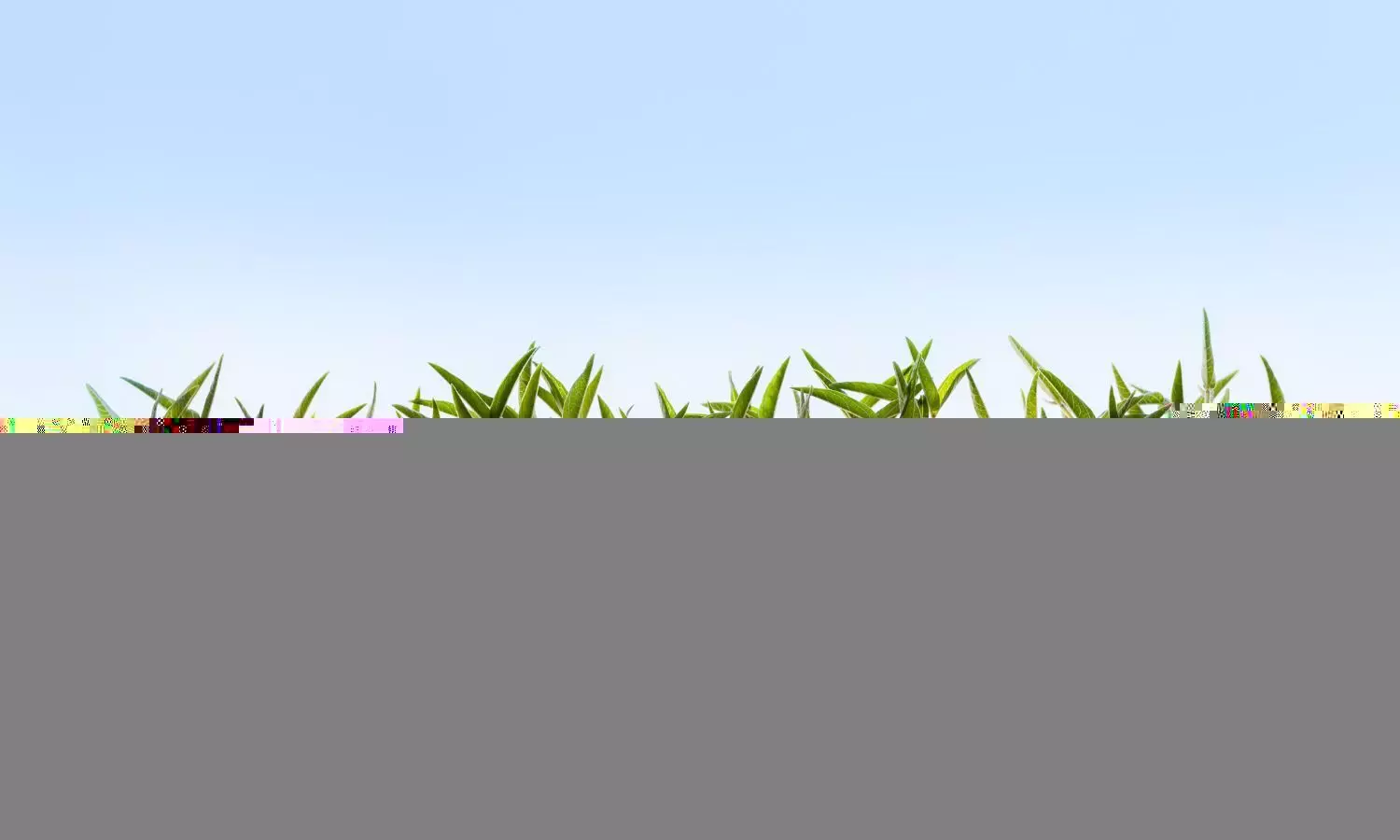Mung Beans and Fenugreek Sprout Under Zero Gravity

New Delhi: Indian astronaut Shubhanshu Shukla, currently aboard the International Space Station (ISS) as part of the Axiom Mission 4, is making history not only through his presence but also with a pioneering experiment to grow sprouts in space.
Shukla, the first Indian to board the ISS and the second Indian in space after Rakesh Sharma, is collaborating with a team from the Indian Space Research Organisation (ISRO), India’s Department of Biotechnology (DBT), and NASA. His mission includes conducting cutting-edge scientific experiments related to sustainability in space.
One such undertaking is the Sprouting Salad Seeds in Space (SPROUTS) experiment, which focuses on sprouting green gram (mung bean) and fenugreek seeds—both staples of Indian cuisine—in microgravity. This investigation explores how space conditions affect seed germination, growth, nutritional composition, hormonal signals, genetic activity, and microbial content. Data gathered will help researchers understand how to cultivate fresh, nutritious food in space.
NASA highlights the significance of this research, noting that “plant-based food production systems play a crucial role in long-term human exploration.” They emphasize that sprouts offer a compact, nutrient-rich alternative compared to fully grown plants. Additionally, SPROUTS aims to support future missions by developing crops suited to Indian astronauts’ dietary preferences, ensuring culturally relevant nutrition in long-duration space travel.
The study will trace the journey of seeds from sprouting through their growth in microgravity, assessing how germination rates, nutrient profiles, hormonal balances, and microbial ecosystems are altered. Not only does this research have implications for space missions, but NASA also stresses its potential benefits for Earth — specifically, advancing controlled environment agriculture to improve the nutritional quality of crops in harsh terrestrial environments.
Shukla’s participation in SPROUTS marks a vital step toward sustainable food production both in orbit and back on Earth. Over his 14-day mission on the ISS with an international crew from the US, Poland, and Hungary, Shukla’s work brings fresh insights into how simple food cultivation could support future space habitats and terrestrial farming under challenging conditions.
This innovative research promises to transform how food is grown in space, ensuring fresher, healthier diets for astronauts, while offering valuable guidance for improving agricultural resilience here on Earth.


